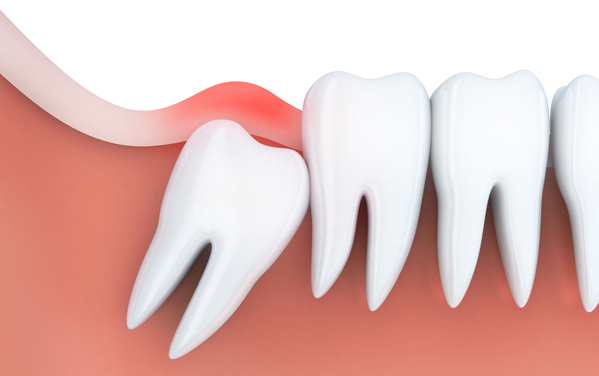Many of us do not even notice our wisdom
teeth erupting but by the time you reach middle school or university you are
advised to get the wisdom teeth removed. Wisdom teeth removal can be a brutal
introduction to adulthood because depending on whether the teeth are impacted
or below the gum line, the surgery may require general anesthesia, sutures,
along time off from school or work for a week or two with pudding as the
preferred nourishment.
Presently more experts are beginning to
question whether the surgical procedure for the removal is even necessary.
Research conducted is revealing that people may be exposed to the risks of
expensive dental work for no reason.
The removal of all wisdom teeth is not
considered necessary by many experts despite the chances of the teeth becoming
infected, causing tooth decay or cysts and damaging the neighboring teeth to
cause significant pain when left in the jaw. In such cases, it will be better
if the surgery for wisdom tooth extraction is performed to have these third
molars removed.
Researchers, however, have begun to
question the wisdom of having these teeth removed when they are healthy and are
not causing any problems to the individual. The removal can still be justified
if the teeth are causing problems when they are impacted but are disputing the
procedure when the teeth are healthy without an appropriate clinical reason.
Americans alone are undergoing procedures
to remove these teeth by the millions by spending more than $ 1000 for the
procedure. America leads the way for ordering medical procedures that are not
necessary and following the advice of their medical practitioners Americans are
spending $ 750 billion every year on unwanted medical care. It has been termed
as an unnecessary medical procedure with data being provided that nearly 66% of
the teeth extracted should have remained in their place. Unfortunately, they
were removed because medical practitioners believed the consequences would be difficult
if left untreated.
Experts now believe undergoing the
procedure for the removal can expose you to more risks and complications than
just leaving the teeth in their place. In fact, many studies are now available
where even the American Association of Oral and Maxillofacial Surgeons have
stated that patients should be evaluated by an experienced surgeon and an
expert in the management of third molars before recommending this procedure.

Comments
Post a Comment